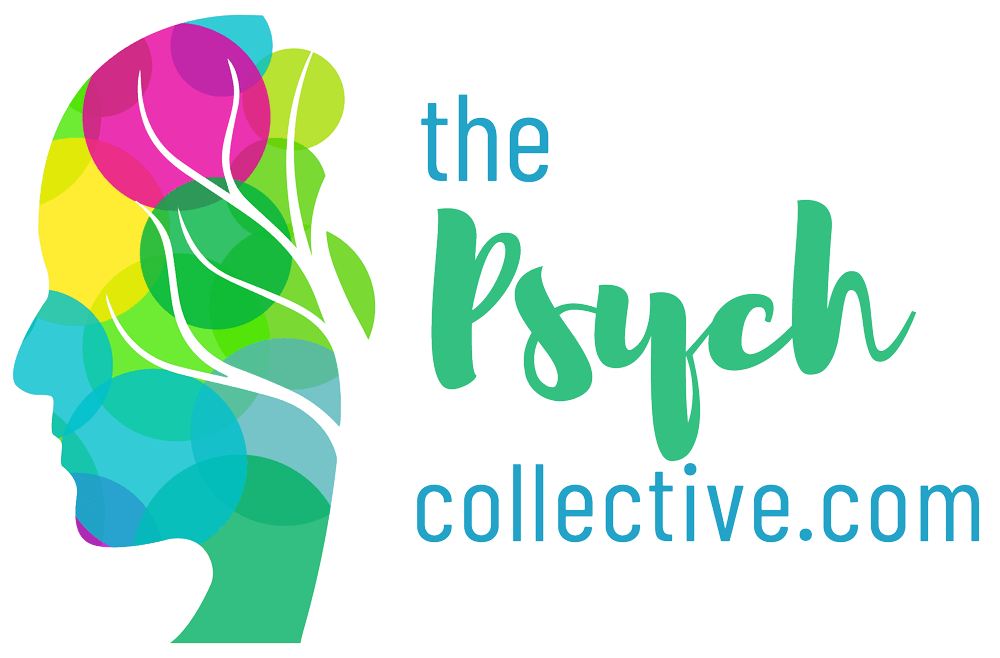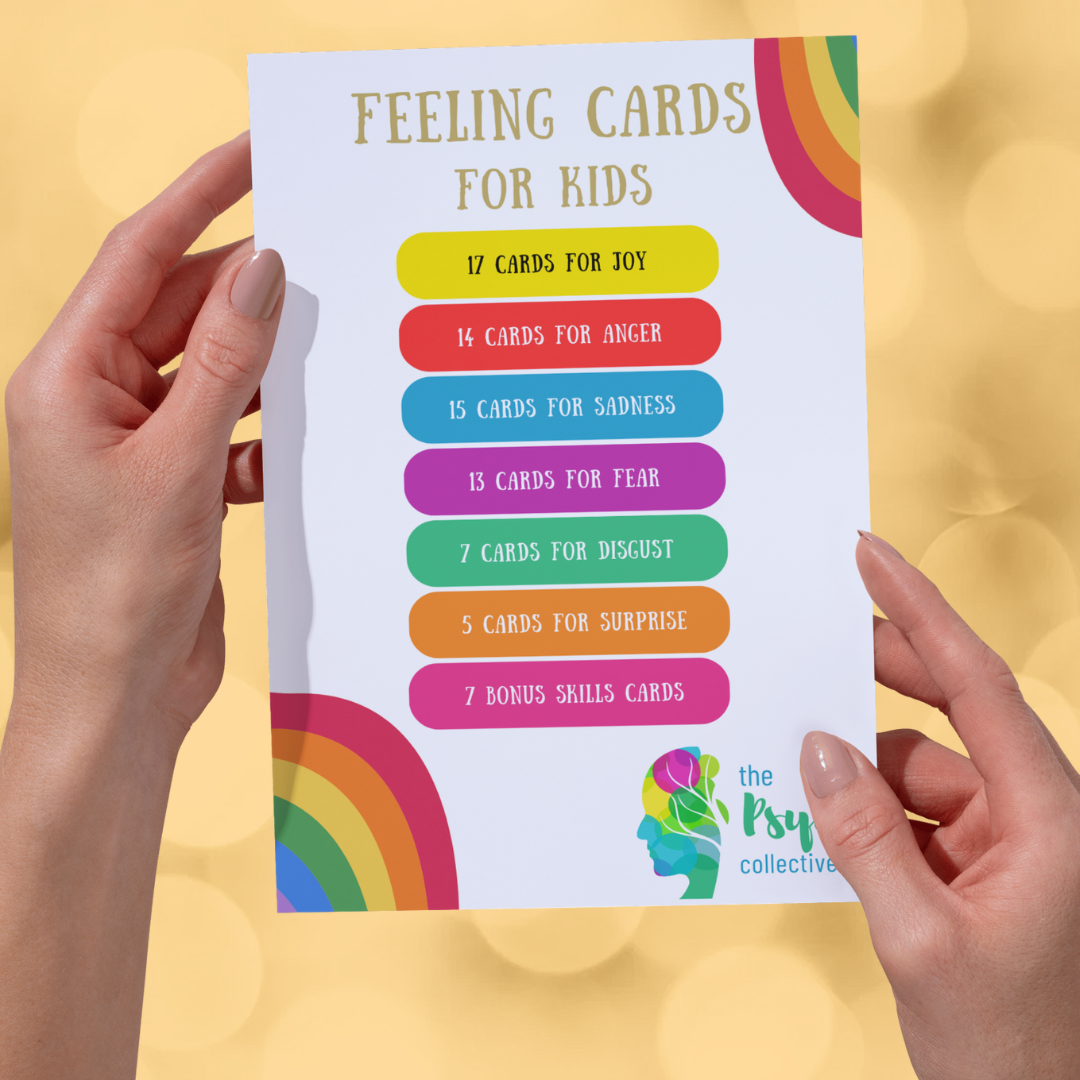Inflammation
Inflammation has a deep impact on mood.
It’s helpful to understand what we are talking about with the term inflammation:
Consider the situation if you’ve injured your arm. Processes take place which result in pain, redness and swelling. These processes are in place to help fight potential infection from broken skin and to begin the orchestrated process which eventually leads to healing. That’s called acute, localised inflammation. It serves a valuable purpose. A similar process occurs if you get sick. Here the inflammation is more widespread. Again to fight infection. The chemicals which the body deploys (namely cytokines) to do this have unwanted side effects. That situation is acute generalised inflammation. The process helps with dealing with the infection, but the side effects: we feel terrible, sad, low energy, foggy thinking, etc. Often it’s not the infection, but it’s the inflammation which causes that.
So it’s normal to feel mood problems whilst there is acute systemic inflammation going on. In the treatment of viral Hepatitis a molecule equivalent to our bodies own inflammatory molecule interferon is given and it typically causes Depression.
Some people have a long-term (chronic) low grade, generalised inflammation. This is like a milder version of what you get when you feel acutely sick, but it hangs around. People describe low energy/motivation, brain fog, poor mood, etc. Often associated flare ups of sore joints/tendonitis, fibromyalgia flares, autoimmune problems (often Hashimoto’s thyroiditis) etc. It can wax and wane for decades.
Sometimes the presence of inflammation can be detected by blood tests. But you're less likely for that to be picked up in pathology tests because the values that are considered normal have been creeping up. One should have low numbers for liver markers like ALP AST ALP GGT and fibrinogen. Same for more general markers like HS-CRP and ESR. One should have negligible levels of RF and ANA. But these numbers are creeping higher in Western populations. What’s now considered normal was 30 years ago considered high. This suggests that we are more inflamed than we used to be. Why?
Possible cause 1: High sugar/high carb diets can promote inflammation. Diets today are much higher in processed carbohydrate and sugar. This modern diet is more frequently associated with obesity and increasingly NAFLD (fat infiltration in the liver). Both of these factors promote inflammation.
Possible cause 2: Some foods can contribute to inflammation. When I trained in medicine, the concept of gut permeability was downplayed. But it is increasingly understood that some foods can cause increases in gut permeability and there are tests that can measure that (not commonly available, the lactulose:mannitol (LM) test).
So how can diet play a role? We know that some foods can cause an allergic reaction on contact which can vary from mild to severe. We know that some foods modulate intestinal permeability in some people. The most extreme case of this is coeliac disease. This is where gluten induced inflammation can devastate the intestinal barrier. The inflammation is severe. But it’s becoming increasingly apparent that various foods can affect intestinal permeability in more subtle ways. Things which aren’t supposed to get into the circulation may leak in. This results in low grade inflammation and some think that it contributes to autoimmunity in some people.
Which foods? It’s different for different people. Gluten is commonly blamed, but there are many who are sceptical, the doctor might say “the test says you don’t have coeliac, so no need to go gluten-free”. No harm in trying gluten free either. Some believe dairy is an issue, others posit chemicals in some plant families (eg nightshades). The only way to figure out what’s an issue is to try an elimination diet.
But which elimination diet and and for how long? It's difficult to say as there might be more than one food culprit and the gut can potentially take days to weeks to establish its integrity. The most extreme elimination diet is a meat-only diet, the least extreme is to eliminate a single food chemical at a time e.g. gluten free diet. I’m not making any recommendations, just this is what people do to try and get to the bottom of things. Sometimes it’s transformative, sometimes it turns out not to be helpful.
There is a tendency for holistic practitioners to blame lifestyle/inflammation, for some psychiatrists to blame “chemical imbalances”, for some psychologists to blame errors of thinking or avoidance, for some psychotherapists to blame past trauma or parental relationships. In the real world, people are complex and there are multiple issues at play. Here we considered the role of inflammation, but note that it is not usually the only thing leading to mood problems. One should consider multiple root causes and then do what it takes to correct the problems to feel better.
Note that mood problems can have a variety of root causes, there’s a video here which unpacks that: What are the root cause of mental illness such as anxiety and depression.
Share
Categories
About Our Resources
We offer actionable resources and teach real skills to help people make meaningful change in managing mental health issues through different modes depending on people's learning preferences including infographics, text, worksheets, handouts and video.












